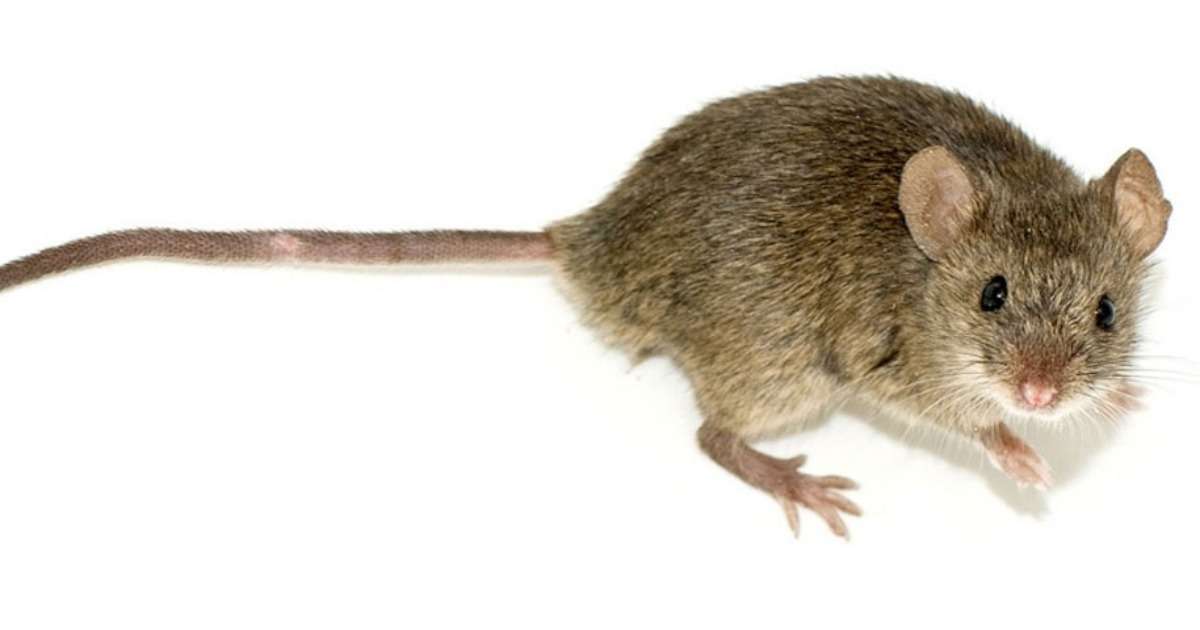
How mice regain their memory: Betaine against Alzheimer’s Disease
As a potential Alzheimer medicine, betaine was tested on an AD animal model in a novel object recognition test. Using video tracking, scientists studied the influence of betaine and betaine transporter on mouse memory.
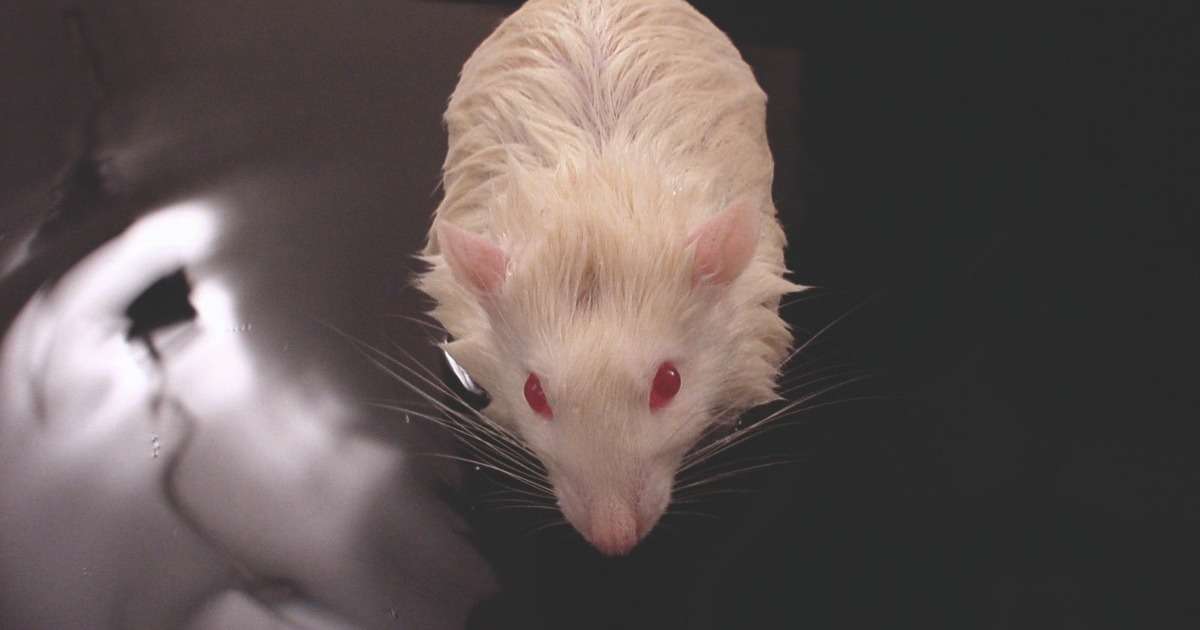
Diazepam in the battle against Alzheimer’s
Scientists have found out that a low dose of the tranquilizer diazepam reduces the breakdown of neurons, seen in the development of Alzheimer’s disease.
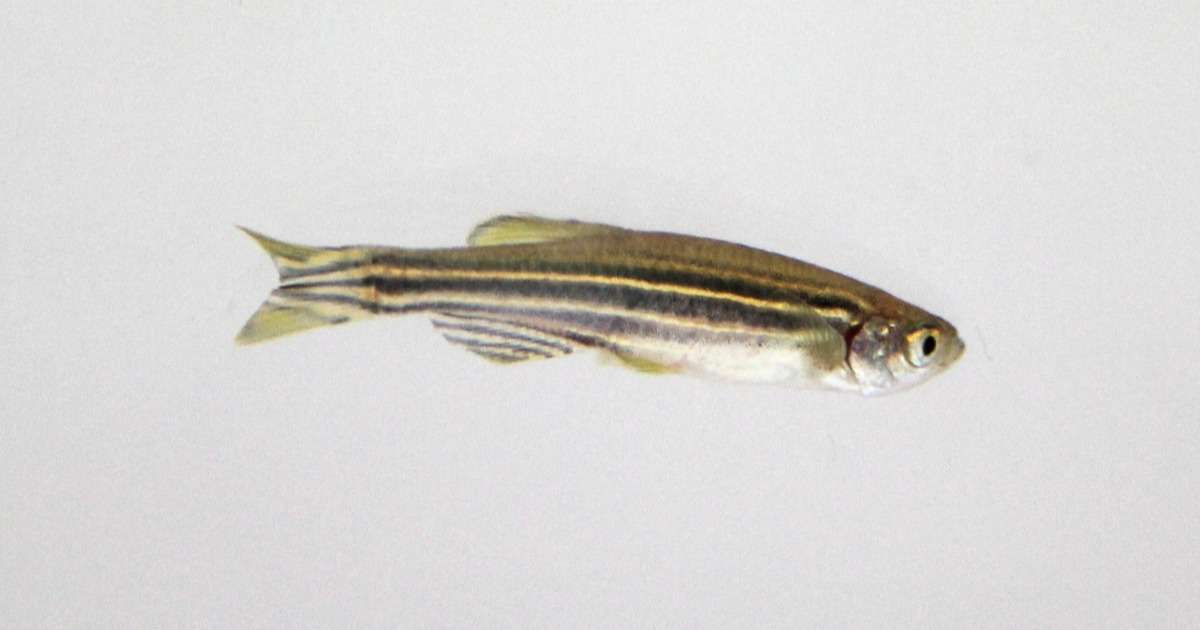
Zebrafish help us to understand neurodegenerative and neuromuscular diseases
Teresa Capriello and colleagues use zebrafish to study the neuronal mechanisms of heavy metals in connection to neurodegenerative and neuromuscular diseases.
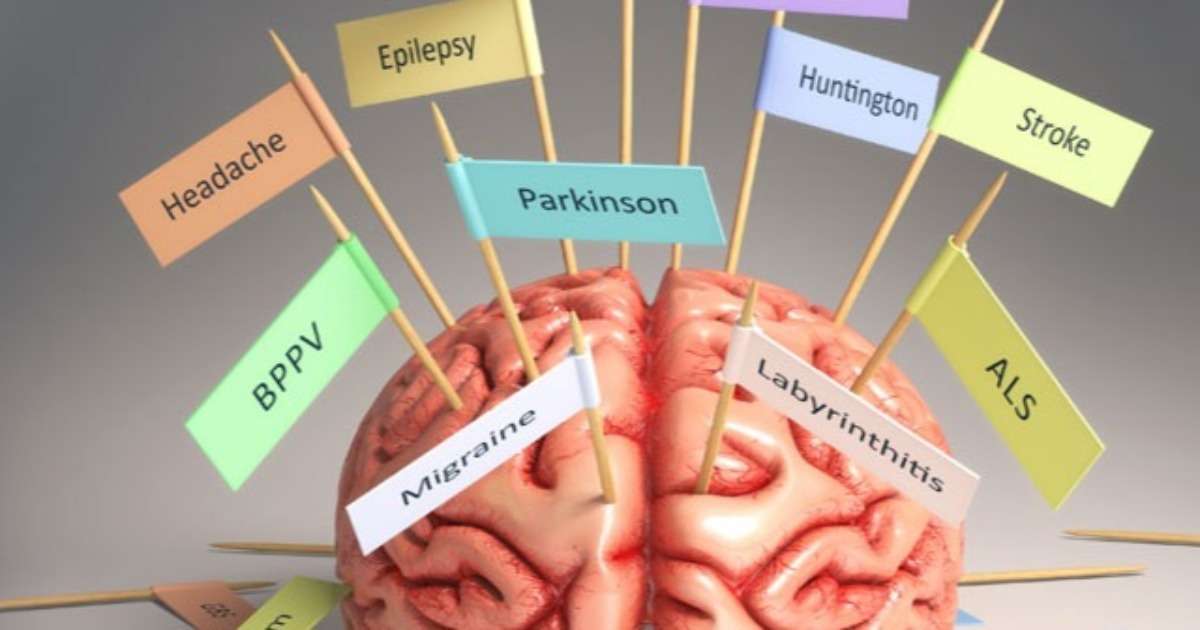
5 blog posts about brain research
During the annual Brain Awareness Week, international attention focuses on the brain to increase public awareness of the progress and benefits of brain research.
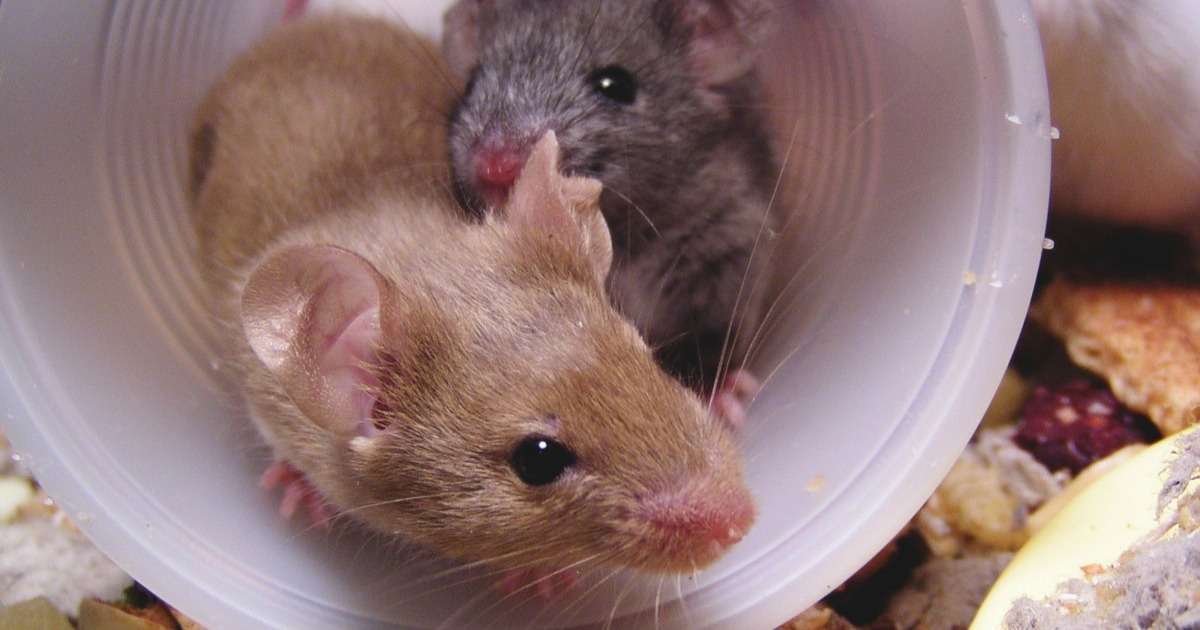
Alzheimer's research - From prevention research to natural treatment
Experts estimate that by 2050, 100 million people will have Alzheimer’s disease (AD), which is a shockingly large number. Learn more about the research that has been done in order to find a cure.
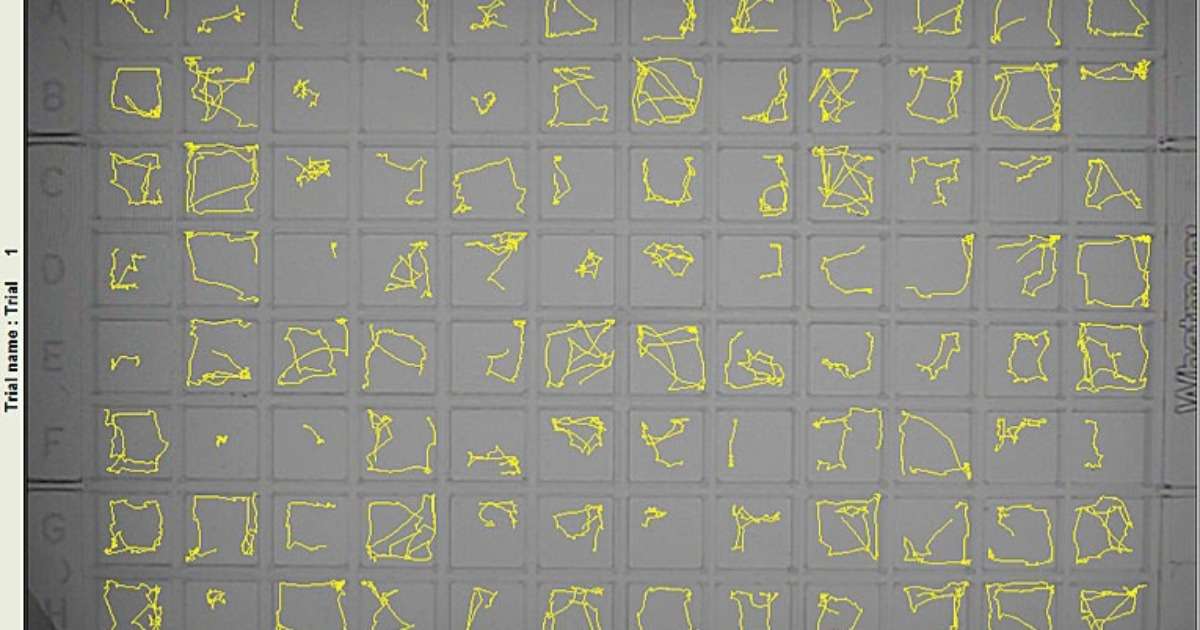
The ultimate list of neuroscience lab software tools
Are you interested in starting a new lab, or perhaps in updating your current lab to its maximum potential? If so, this list of ultimate neuroscience software tools is the place to begin.

Into the lab: how to monitor rat social behavior
Including social behavior as part of a phenotypic screen has important benefits and eventually leads to better translational value of rodent models.
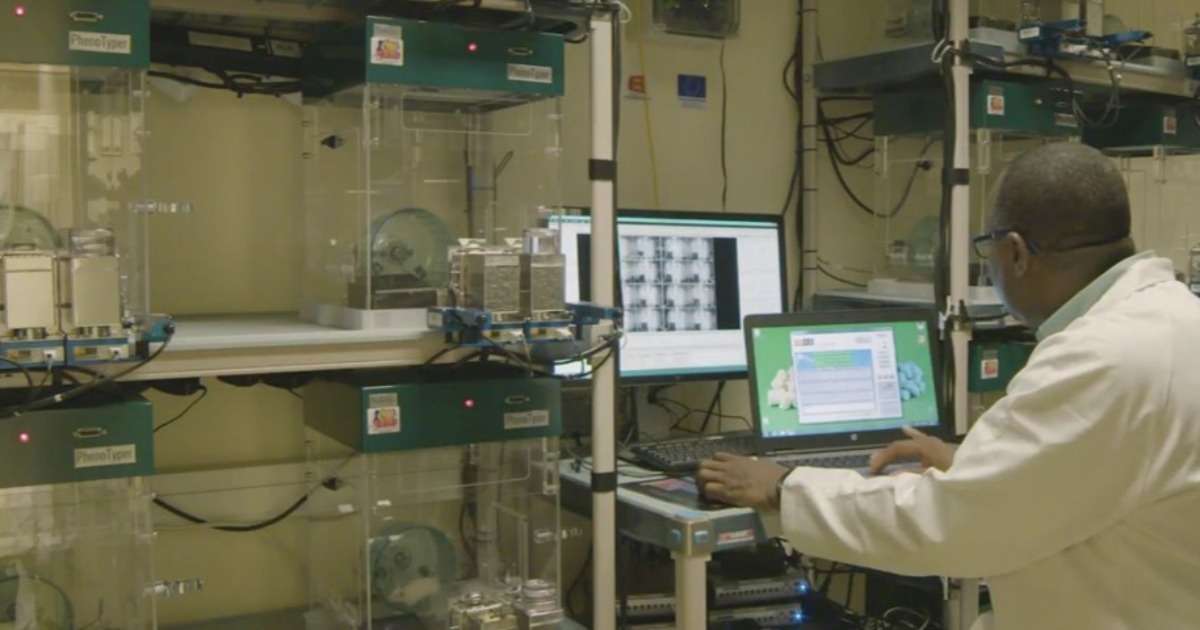
How to characterize behavioral phenotypes in a behavioral analysis facility
Introducing the Behavioral Analysis Facility. Researchers evaluate the behavioral and functional activities of new pharmacological drugs using diverse functional tests. Learn more about their recent projects.

Normalization of blood sugar reduces enhanced rewarding effect of smoking
Why are the rewarding effects of nicotine greater in diabetic rats?

Alzheimer research and the Morris water maze task
First developed in 1981 by Richard Morris, the Morris water maze task is still one of the most popular tests for memory and learning in rodents.
